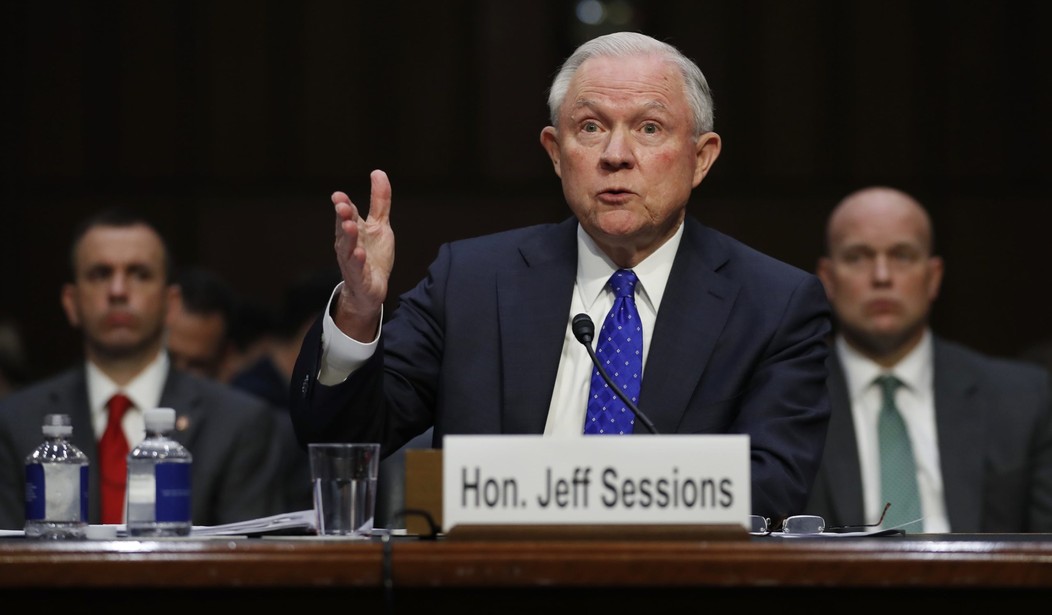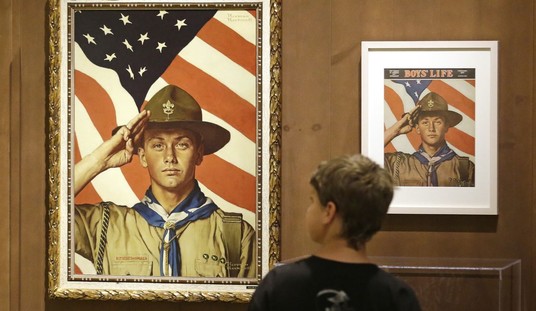WASHINGTON – Citing executive privilege, Attorney General Jeff Sessions today refused to answer questions from Senate Judiciary Committee members about conversations with President Trump about the Russian investigation and the decision to fire FBI Director James B. Comey.
“Under the administration of both parties, it is well established that a president is entitled to have private, confidential communications with his cabinet officials,” Sessions said in his opening remarks during his first appearance as attorney general before the committee. “Such conversations are within the core of executive privilege. I will not be able to discuss the content of my conversations with the president.”
Democrats had relayed to the Department of Justice before the hearing that they expected Sessions to answer questions about his communications with Trump. Ranking Member Dianne Feinstein (D-Calif.) immediately prodded Sessions for details about Trump’s thinking concerning Comey’s firing.
Trump on May 9 dismissed Comey, and subsequently produced memos from Sessions and Deputy Attorney General Rod Rosenstein on Comey’s performance as director. Rosenstein cited “serious mistakes” concerning Comey’s handling of an investigation into former Secretary of State Hillary Clinton’s use of a private email server in 2015.
The FBI director’s firing came about a week after he briefed senators on a criminal investigation exploring potential collusion between the Trump campaign and Russia. Former FBI Director Robert Mueller was appointed by Rosenstein to serve as special counsel leading the Russia investigation.
Feinstein asked Sessions for the exact reasoning behind Comey’s firing, as well as if the president ever voiced any concern about “lifting the cloud” of the Russia investigation. Sessions said those details would fall under conversations that “remain confidential” and were covered by his opening remarks. The attorney general also refused to tell Feinstein the exact date when he first spoke with the president about Comey’s potential firing.
Sessions told Sen. Lindsey Graham (R-S.C.) that during campaign season he never saw any evidence that he believed would indicate collusion between Russia and the Trump campaign.
Chairman Chuck Grassley (R-Iowa) noted in his opening remarks that the Clinton Foundation has been accused of improperly accepting millions from Russian-linked entities, citing reports that President Clinton accepted $500,000 from a Russia-aligned bank for a speech he gave in Moscow in 2010 as one example.
Sen. Al Franken (D-Minn.) pressed Sessions’ over conflicting comments he offered during his confirmation hearing before the Senate, in which Sessions denied having any communications himself with any Russian-government linked entities during Trump’s campaign, on which Sessions was a lead advisor. About two months after his confirmation hearing, media reports revealed that Sessions had met with former Russian Ambassador to the U.S. Sergey Kislyak multiple times. Sessions later denied meeting with Russians to discuss any political campaign issues.
“Confronted with the truth, you started to qualify your answer,” Franken said, while also accusing Sessions of “moving the goalposts” even further by later denying any discussion about election interference.
“I conducted no improper discussions with Russians at any time regarding any campaign or any other item facing this country,” Sessions told Franken during the hearing, which ran more than five hours. “I’ve committed myself to high level of public service, to reach the highest standards of ethics and decency in my service, to be honest about things I say. So you have now gone through this long talk that I believe is totally unfair to me.”
Sen. Patrick Leahy (D-Vt.) questioned Sessions about any potential communication with Russian officials since the 2016 campaign about Trump administration policies or positions, Russian interference, sanctions or campaign strategy.
Sessions again denied any improper communications with Russians, while also noting that he has met with 26 ambassadors in the past year. He also said he hasn’t been interviewed by Mueller.









Join the conversation as a VIP Member